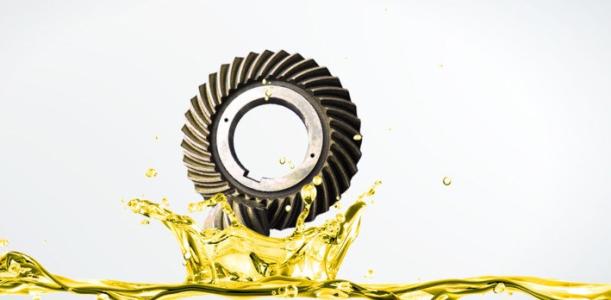Basic Maintenance of Car Engines: Have You Fallen Victim?
When it comes to car engine maintenance, every car owner likely has their own set of maintenance commandments. However, some owners still follow practices that deviate from the norm. Incorrect maintenance methods not only make the engine prone to various minor issues but can also pose safety hazards. Below are several common engine maintenance problems listed for readers to check if they've fallen into any of these pitfalls.

1. Engine Maintenance: Deteriorated Engine Oil and Clogged Oil Filter
Lubricating oils of different grades will undergo changes in oil quality during use. After a vehicle has traveled a certain distance, its performance will deteriorate, potentially causing various issues for the engine. To avoid these malfunctions, it is advisable to change the car's oil regularly based on usage conditions and maintain an appropriate oil level, generally between the upper and lower marks on the dipstick.
When engine oil passes through the fine pores of the oil filter, it traps solid particles and viscous substances from the oil in the filter. If the filter becomes clogged, the oil cannot flow smoothly through the filter element, causing it to burst or open the safety valve, allowing oil to bypass through the relief valve and carry contaminants back to the lubrication points. This accelerates engine wear and increases internal contamination. Therefore, regular replacement of the oil filter is equally important. Do not underfill or overfill the oil, and remember that more expensive synthetic oil is not necessarily better—only the oil that suits your vehicle is the best.
II. Engine Maintenance - Air Filter Clogging
The engine's intake system mainly consists of two parts: the air filter element and the intake pipe. Depending on different usage conditions, the air filter element should be cleaned regularly. One method is to use high-pressure air to blow from the inside out, removing dust from the filter element. Since the air filter element is made of paper, care must be taken not to use excessive air pressure during blowing to avoid damaging the element. Generally, the air filter element should be replaced with a new one after being cleaned three times, and the cleaning interval can be determined by the air quality of the daily driving area. It is also important to purchase high-quality, original manufacturer-provided genuine air filter elements.
III. Engine Maintenance - Failure to Perform Regular Engine Maintenance
People often enjoy spending a lot of money on modifications but tend to overlook regular engine maintenance. According to experienced auto repair technicians, among the vehicles they service, 50% of malfunctions are caused by poor engine maintenance. This shows that proper engine care plays a crucial role in extending a vehicle's lifespan. Of course, it also helps you avoid unnecessary losses, which is why there's the saying "maintenance over repair."
Not only should engine maintenance be performed within regular service intervals, but also when driving through areas that are particularly humid or dusty, relevant engine components should be inspected and maintained.
IV. Engine Maintenance - Excessive Sludge in the Crankcase
During engine operation, high-pressure unburned gases, acids, moisture, sulfur, and nitrogen oxides from the combustion chamber enter the crankcase through the gap between the piston rings and cylinder walls, mixing with metal particles generated by component wear to form sludge.
A small amount of sludge can remain suspended in the oil, but when the quantity becomes significant, it precipitates out, clogging filters and oil passages, making engine lubrication difficult and thereby accelerating engine wear. Additionally, when oil oxidizes at high temperatures, it forms varnish and carbon deposits that adhere to the pistons, increasing fuel consumption and reducing engine power. In severe cases, this can cause piston rings to seize and lead to cylinder scoring. To minimize sludge formation, using high-quality fuel is essential, so it is recommended that drivers refuel at reputable gas stations whenever possible. Furthermore, using certified lubricants and adhering to the manufacturer's specified maintenance intervals for oil and oil filter changes is crucial. Additionally, regularly check your vehicle's oil level and top it up promptly when it is low.
5. Engine Maintenance - Dirty Intake Duct
If the vehicle frequently operates in areas with high dust levels and poor air quality, attention should be paid to cleaning the intake ducts to ensure unobstructed airflow. The intake ducts are crucial for the proper functioning of the engine. If they become excessively dirty, efficiency will decline, causing the engine to operate outside its normal power output range and accelerating wear and aging. Additionally, try to avoid dusty areas as much as possible, and remember to replace the air filter regularly.
The above are several common engine maintenance issues that should be avoided as much as possible during daily travel and car care. The engine is like the heart; if not properly cared for, it can easily develop "heart disease and complications," leading to a series of chain reactions that may trigger significant safety hazards for the vehicle. Proper engine cleaning and maintenance will ensure your car serves you better and extends its lifespan.

